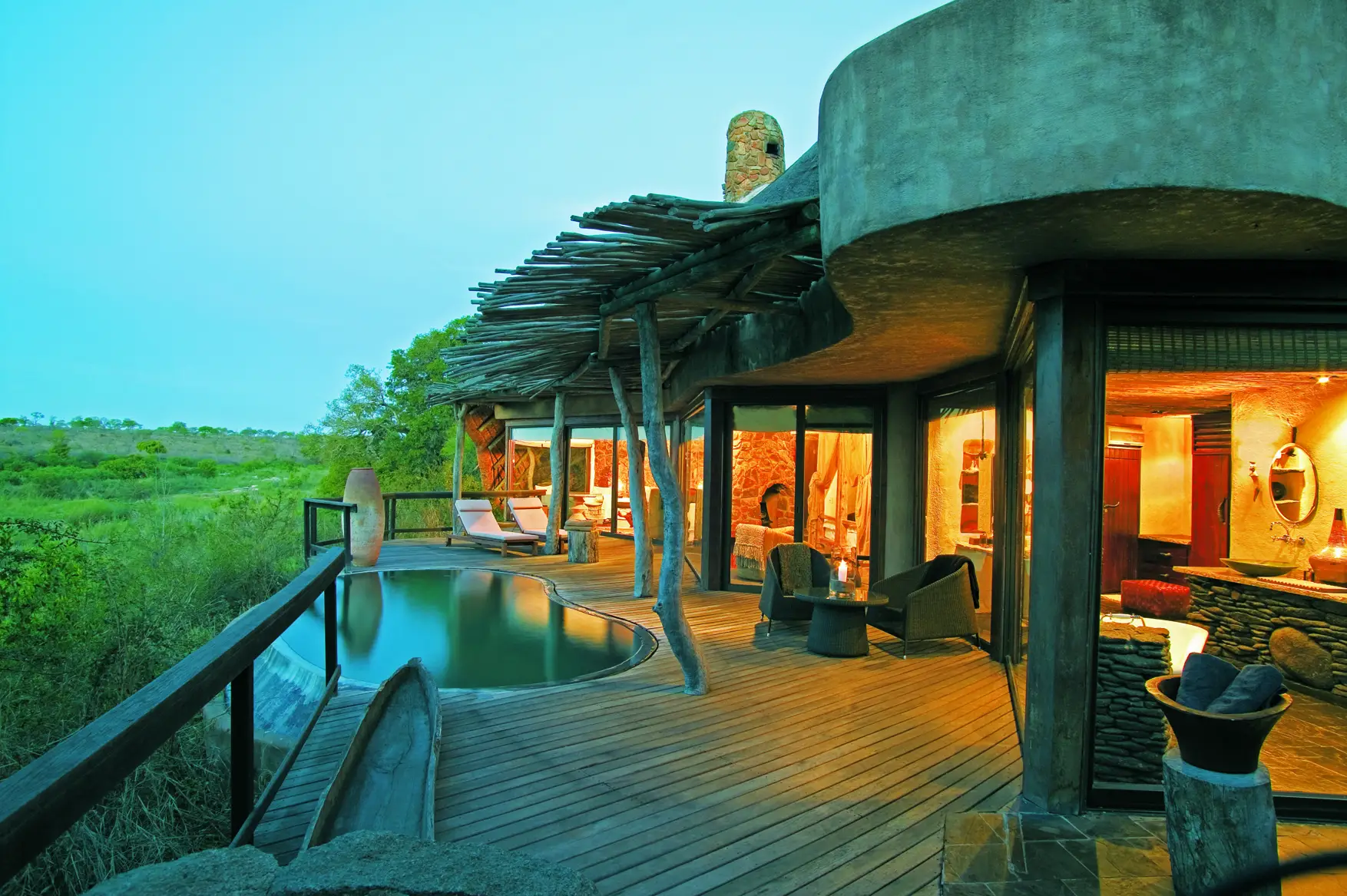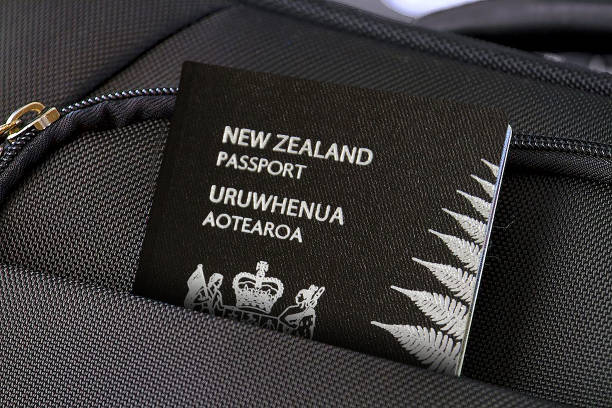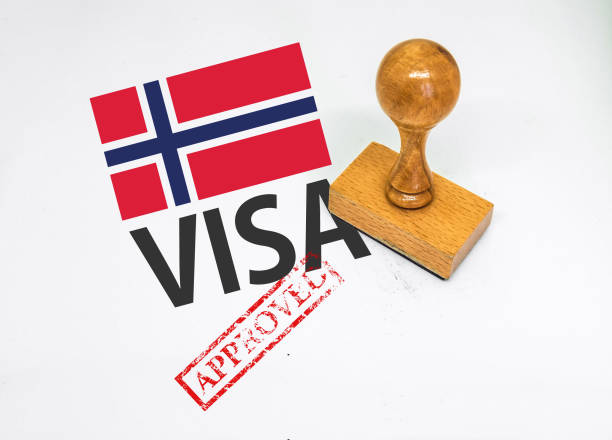How to Choose the Perfect Accommodation for Travel Needs
Selecting the right accommodation is a crucial aspect of travel planning. The place you choose to stay can greatly impact your overall travel experience, comfort, and convenience. With numerous options available, ranging from hotels and resorts to vacation rentals and hostels, it’s important to consider your specific travel needs and preferences when deciding. In this comprehensive guide, we will provide you with practical tips and insights to help you choose the perfect accommodation that aligns with your budget, location preferences, amenities, and travel goals. By following these steps, you can ensure a comfortable and enjoyable stay that enhances your travel experience.
Determine Your Budget
- Set a realistic budget: Before you start searching for accommodation, determine how much you’re willing to spend per night or for the duration of your stay. Having a clear budget in mind will help you narrow down your options and make an informed decision.
- Consider the entire cost: Remember to factor in additional costs such as taxes, fees, and any extra services or amenities that may incur charges. Understanding the complete cost of your accommodation will prevent unexpected expenses.
- Prioritize your spending: Decide where you’re willing to splurge and where you’re willing to compromise. If accommodation is a top priority, allocate a larger portion of your budget towards it, and adjust your spending in other areas accordingly.
Determine Your Needs and Preferences
- Identify your travel purpose: Consider the purpose of your trip. Are you traveling for business, relaxation, adventure, or cultural exploration? Different types of accommodations cater to different travel purposes, so align your choice accordingly.
- Evaluate your space requirements: Determine the number of travelers, the need for privacy, and the desired amount of space. If you’re traveling with family or a group, you may need multiple rooms or a larger vacation rental. Solo travelers or couples may find a hotel room or a cozy bed and breakfast more suitable.
- Assess the location: Determine the ideal location for your accommodation based on your itinerary and preferences. Consider proximity to attractions, public transportation, restaurants, and other amenities that are important to you.
- Consider amenities and facilities: Make a list of essential amenities and facilities you require, such as Wi-Fi, a gym, a pool, a kitchenette, or laundry facilities. Prioritize these based on your needs to find accommodation that offers the desired conveniences.
- Evaluate safety and security: Ensure that the accommodation you choose provides a safe and secure environment. Look for features such as 24-hour reception, secure access, well-lit common areas, and in-room safes.
- Assess accessibility and mobility needs: If you have specific accessibility or mobility requirements, such as wheelchair accessibility or elevators, verify that the accommodation meets your needs. Contact the accommodation provider directly to inquire about their accessibility features.
- Read reviews and ratings: Research the accommodation options you’re considering by reading reviews and ratings from previous guests. Websites like TripAdvisor, Booking.com, or Airbnb provide valuable insights into the experiences of other travelers, giving you a better idea of what to expect.
Explore Different Accommodation Types
- Hotels: Hotels offer a range of options from budget to luxury. They provide a variety of amenities, such as room service, concierge services, on-site dining, and housekeeping. Hotels are ideal for travelers seeking convenience, comfort, and a wide range of services.
- Resorts: Resorts often offer a comprehensive vacation experience with on-site amenities like pools, restaurants, spas, and recreational activities. They are ideal for leisure travelers looking for relaxation, entertainment, and a self-contained vacation experience.
- Vacation rentals: Vacation rentals, such as apartments, villas, or cabins, provide a home-away-from-home experience. They are suitable for travelers seeking privacy, independence, and the ability to cook their meals. Vacation rentals are often ideal for longer stays or for families and larger groups.
- Bed and breakfasts (B&Bs): B&Bs offer a cozy and intimate accommodation option. They typically include breakfast and are known for their personalized service and homely atmosphere. B&Bs are ideal for travelers seeking a more local and personal experience.
- Hostels: Hostels provide budget-friendly accommodation with shared rooms or dormitory-style setups. They are popular among solo travelers, backpackers, and budget-conscious travelers who are willing to sacrifice some privacy for affordability and social interaction.
- Guesthouses: Guesthouses are smaller accommodations typically run by local residents. They offer a more intimate and personalized experience, similar to B&Bs, and are often located in residential neighborhoods, providing a glimpse into local life.
- Homestays: Homestays involve staying with a local host or family in their home. This accommodation type offers an immersive cultural experience and the opportunity to engage with locals. Homestays are ideal for travelers seeking authentic connections and cultural exchange.
- Unique accommodations: Consider unique options such as treehouses, yurts, houseboats, or eco-lodges for a one-of-a-kind experience. These accommodations provide a unique and memorable stay that adds an element of adventure to your trip.
Conduct In-Depth Research and Booking
- Use reliable booking platforms: Utilize reputable booking platforms such as Booking.com, Expedia, Airbnb, or official hotel websites. These platforms provide a wide range of accommodation options, user reviews, and secure booking processes.
- Compare prices and deals: Compare prices across different platforms and directly with the accommodation providers themselves. Look for special deals, discounts, or packages that can help you save money or enhance your stay.
- Contact accommodation providers: If you have specific questions or requirements, contact the accommodation directly to clarify any doubts. This personal interaction can provide valuable information and ensure your needs are met.
- Check cancellation policies: Review the cancellation policies of the accommodation before making a reservation. Life circumstances can change, and having flexible cancellation options can be beneficial.
- Read the fine print: Pay attention to the terms and conditions, policies, and any additional fees associated with your reservation. Understanding the fine print will help you avoid any surprises or misunderstandings.
Conclusion
Choosing the perfect accommodation for your travel needs involves careful consideration of factors such as budget, location, amenities, and personal preferences. By determining your budget, assessing your needs and preferences, exploring different accommodation types, and conducting in-depth research before booking, you can make an informed decision that enhances your travel experience. Remember to read reviews, compare prices, and contact the accommodation providers directly for any specific inquiries. By finding the right accommodation that suits your travel goals, you can ensure a comfortable, convenient, and enjoyable stay wherever your journey takes you.






